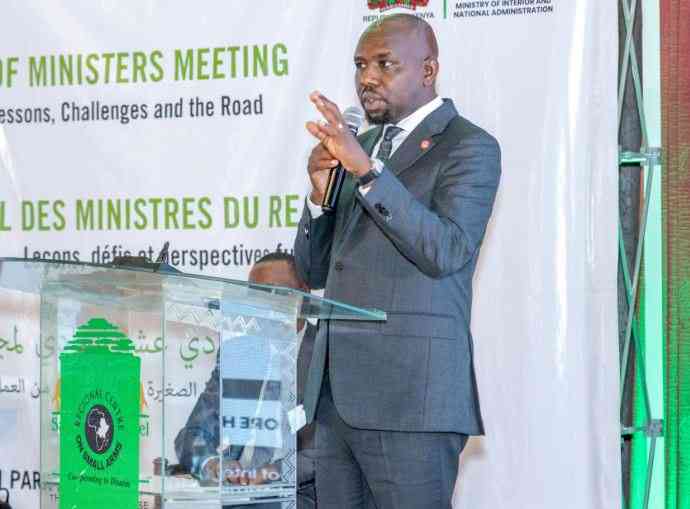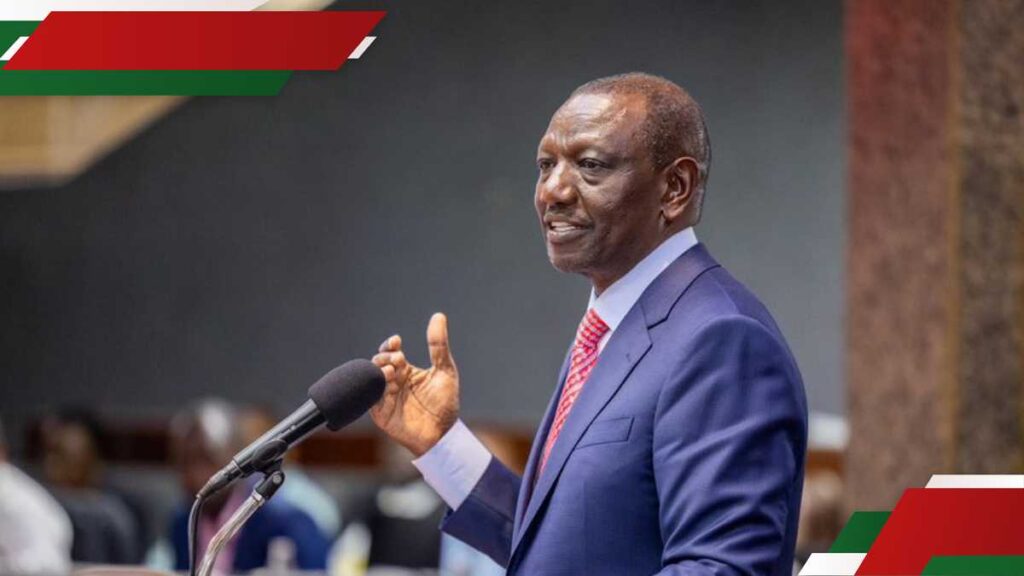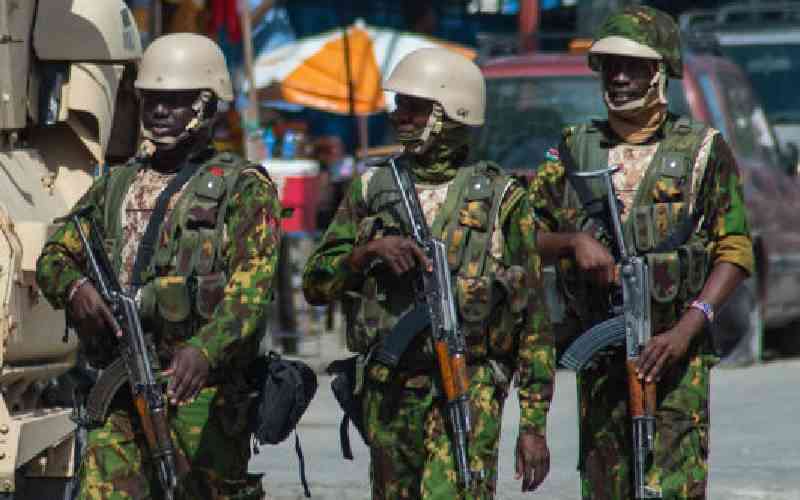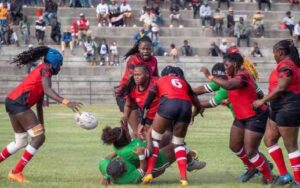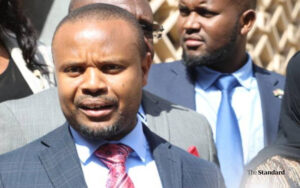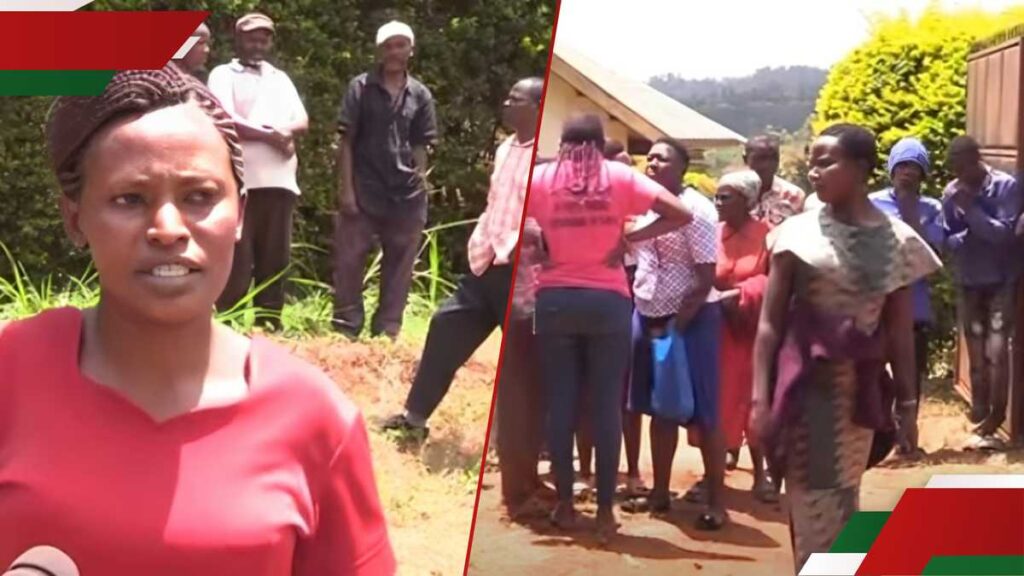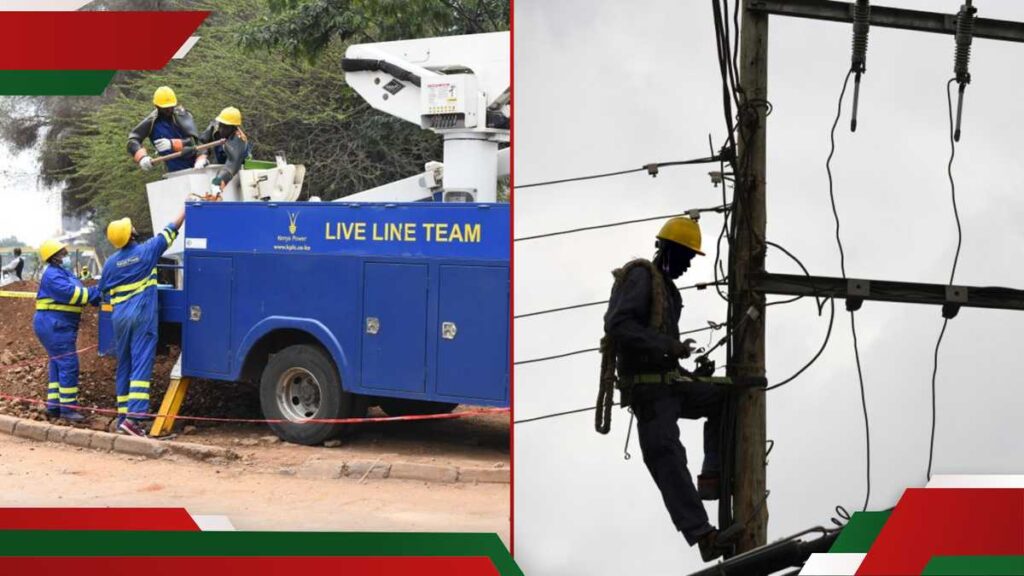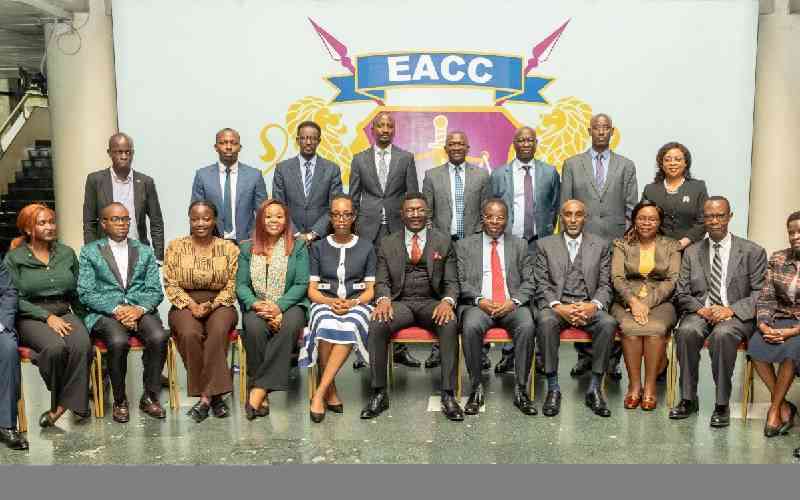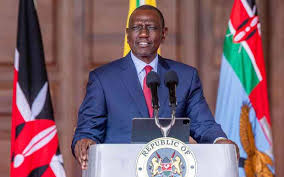Interior Cabinet Secretary Kipchumba Murkomen has called for renewed commitment from 15 African countries in tackling the issue of small arms.
He made the remarks on Wednesday at the 16th Technical Advisory Committee meeting of the Regional Centre on Small Arms (RECSA).
The event, which began on Monday and is set to conclude on Friday, is being held at the Safari Park Hotel in Nairobi, where RECSA is celebrating 20 years since its establishment in 2005.
Murkomen said RECSA has played a pivotal role in the Great Lakes and Horn of Africa region’s efforts to curb the proliferation of small arms and light weapons, advancing the cause of peace and security.
“As we reflect on this journey, we must recommit ourselves to addressing the challenges ahead with unity and resolve,” said Murkomen.
The Great Lakes and Horn of Africa countries include Burundi, the Democratic Republic of the Congo, Ethiopia, Kenya, Malawi, Mozambique, Rwanda, Tanzania, Uganda, Zambia, Djibouti, Eritrea, Somalia, South Sudan, and Sudan.
The CS also called for peace and security in the region, emphasising that they are fundamental to societal progress, and without them, aspirations for development, equality, and justice will remain elusive.
“In the 20 years since RECSA was established, the adoption of the internet has completely transformed the small arms and light weapons landscape. It is now easier for criminals to trade, move weapons, and launder the proceeds.”
He noted that the rise of the internet has enabled criminals to use the dark web to purchase weapons with cryptocurrency and smuggle them globally while remaining anonymous.
“Wars in other continents pose a greater threat now than they did two decades ago. The legacy of conflicts in the Middle East, for example, is still being felt in Africa, owing to the ease of moving small arms in recent years,” said Murkomen.
He added that the proliferation of small arms and light weapons poses a major threat to stability in Africa, citing a Small Arms Survey estimate that around 100 million small arms are currently circulating on the continent.
“These weapons fuel conflicts, enable crime, and perpetuate human rights abuses, undermining the fabric of our communities,” he said, stressing that such illegal arms are key drivers of violence and instability.
According to Murkomen, RECSA’s mission aligns closely with African Union policies that advocate for a continent free of armed violence.
He added that as RECSA marks its 20th anniversary, its continued success depends on support from member states, international partners, and donors.
“I call upon all stakeholders to renew their commitment to RECSA, ensuring it has the resources and mandate to confront emerging threats effectively.”
Stay informed. Subscribe to our newsletter
Interior Principal Secretary Raymond Omollo said President William Ruto is expected to oversee the destruction of illegal weapons recovered across the country.
Omollo said there is a need to revise policies that have been in place since RECSA was founded, in order to keep up with the evolution of the internet and emerging technologies.
“A lot has changed, and we want to respond realistically to these changes as well as to the challenges we continue to face due to small arms and light weapons,” said the PS.
He added that the meeting aimed to explore the sustainability of funding RECSA operations, urging partners to continue supporting the organisation’s mandate.
According to Omollo, the meeting is also seeking ways to strengthen the 15 countries’ capacities to trace and recover illegal arms and share information across member states.
He said that while most small arms in the country are held by security agencies, a significant number remain in the wrong hands, although he declined to provide specific statistics.
“Unfortunately, there is a small number — though equally significant — that is in the wrong hands, and this is the reason behind these engagements,” he said.
Omollo noted that Kenya has marked over 95 per cent of its firearms for easier tracking and aims to increase that number. He added that security challenges involving arms are not unique to Kenya, but rather a regional concern.








